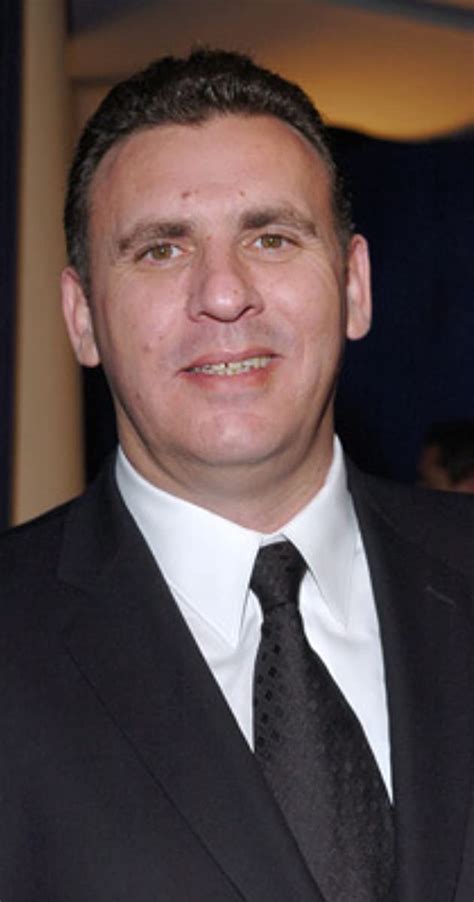A Quote by Martin McDonagh
I think if you're writing a play, it should be its own end game; you'll never get to do a good one unless you know it's not a blueprint for a film; you're not going to get the action right and the story right.
Related Quotes
I'm not sure I would call it agony but there is a kind of cyclic frustration. You get one story right and then here comes another one. When does that end? What I'm trying to do is get it to end right now, by recognizing that that cycle is writing. That is: trying to understand the frustrations and setbacks (and agony) as part of a bigger chess game you are playing with art itself.
Game Over is a very frustrating game convention. In short, it means, 'If you were not good enough or did not play the game the way the designer intended you to play, you should play again until you do it right.' What kind of story could a writer tell where the characters could play the same scene ten times until the outcome is right?
The last thing I want to do is having someone get behind a Montgomery Clift biopic, and then just do the first script that came out. Sometimes it takes a long time for these things to gestate. And I'm only going to do it if it's the right story that's told for the right reason, and that's relevant to this day and age, as much as it pays homage to who this man was. Should that happen during the time when I'm still young enough to play him, perfect. And if not, hopefully someone else will get to play him because I do think it's an incredible story.
It's like creating an artificial loop saying, 'You didn't play the game the way I wanted you to play, so now you're punished and you're going to come back and play it again until you do what I want you to do.' In an action game, I can get that – why not? It's all about skills. But in a story-driven experience it doesn't make any sense.
Part of writing a novel is being willing to leap into the blackness. You have very little idea, really, of what's going to happen. You have a broad sense, maybe, but it's this rash leap. It's like spelunking. You kind of create the right path for yourself. But, boy, are there so many points at which you think, absolutely, I'm going down the wrong hole here. And I can't get back to the right hole. I'm not going to be able to get this section back to the right hole - so I'm just going to have to cut it.
You're frustrated when things aren't going right. When you're out there, you have your piece of it, your view. It isn't until usually the next day when you're watching the film that you get to put all the pieces together: 'Oh, this is what happened on that play'; 'This is why I did that.' You don't totally know that game day.
I've learned when to get out. I've never wasted too much time with the wrong person, and that's one thing I'm proud of. The longer you're with the wrong person, you could be completely overlooking or not having the chance to meet the right person. And if it doesn't feel right, it isn't right. How do you know if something feels right? I think the great defining factor for me is whether I want more. When they drive away, do I wish they would turn around at the end of the street and come back? Or am I fine that they're going home?
That is as true for fiction or non-fiction. The writer has to really know their subject. It is really important to remember that the readers are a lot smarter than the writer. Also, good writing has to do with rewriting. You will never get it right the first time. So you rewrite and rewrite again until you get it right. Until you, and the reader, will be able to visualize what you're writing about.
There's exceptional work being done on television. Some of our great writers are writing for television. When you have things to choose from, you typically go after the writing - unless you're going after the money. There are fewer opportunities in film to make money with good writing, unless you're an action hero.
There's a saying that we use in golf: "I'd rather be lucky than good." Of course, to be lucky and good is the ideal. If you study hard, you can get good. And if you get lucky and get the proper parts for people to be able to appreciate what you're doing ... I'm sure there are many actors that are quite talented who have never been a success because they've never had the right opportunity and the right material. My mother used to think I had a guardian angel.





































